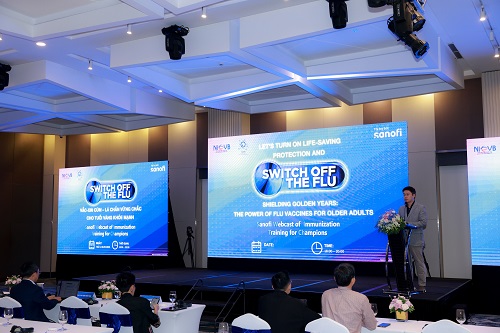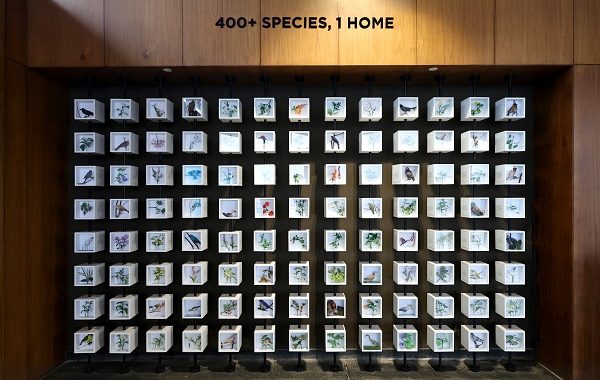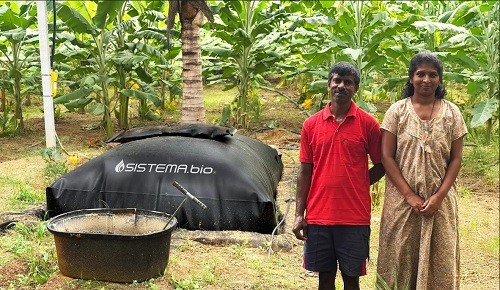Promote Indigenous Varieties of Rice

Indigenous varieties of rice are being promoted through varieties programmes. 574 indigenous varieties of rice have been propagated and tested at more than 10,000 farmers’ fields, involving state agricultural universities, KVKs and NGOs through a project entitled “Mainstreaming Agricultural biodiversity conservation and utilization of the agriculture sector to ensure ecosystem services and reduce vulnerability”. Nutritional profiling of 300 selected rice varieties has been done for market linkage and better price to the farmers. Farmers are also being trained on conservation, improvement and use of traditional/ indigenous varieties through participatory variety selection. Further for access to seeds of these indigenous varieties, community seed banks have been established at community level involving KVKs and Self Help Groups in remote and tribal areas of the country and a total of 26 community seed banks conserving >4000 native landraces and farmers’ varieties of different food crops including rice have been strengthened and established.
Communities and farmers conserving and promoting indigenous rice varieties have been conferred with Genome Savour awards by Protection of Plant Varieties Protection and Farmers’ Rights Authority (PPV&FRA) and following awards have been given since 2009-10:
- Plant Genome Saviour Community Award (Rs. 10 lakh each ): 13
- Plant Genome Saviour Farmer Rewards (Rs. 1.5 lakhs each): 12
- Plant Genome Saviour Farmer Recognitions (Rs. 1.0 lakh each): 19
Rice varieties are also being promoted under National Food Security Mission in 193 districts of 24 states and Union Territory. Similarly, “Bringing Green Revolution to Eastern India (BGREI)” a sub scheme of Rashtriya Krishi Vikas Yojana is implemented in seven Eastern States viz., Assam, Bihar, Chhattisgarh, Jharkhand, Odisha, Eastern Uttar Pradesh and West Bengal to address the constraints limiting the productivity of “rice based cropping systems” in Eastern India.
Five rice varieties viz., Lalat and Improved Lalat (GI value: 54) as low GI and Swarna, Sambha Mahsuri and Shaktiman (GI value <60) as intermediate GI have been identified and all these varieties are in seed chain and are being cultivated by the farmers.
There is no certification for GI (Glycemic Index) in rice.
The details of indigenous rice varieties/ germplasm listed are as under:
Total rice germplasm conserved at National Gene Bank: 1,09,834 including traditional varieties (6,707), land races (38400) and varieties released and notified (1190).
Varieties registered with PPV&FRA: Total 2047 varieties have been registered which include 1645 farmers varieties.
This information was given in a written reply by the Union Minister of Agriculture and Farmers Welfare Shri Narendra Singh Tomar in Lok Sabha today..
Also See:






